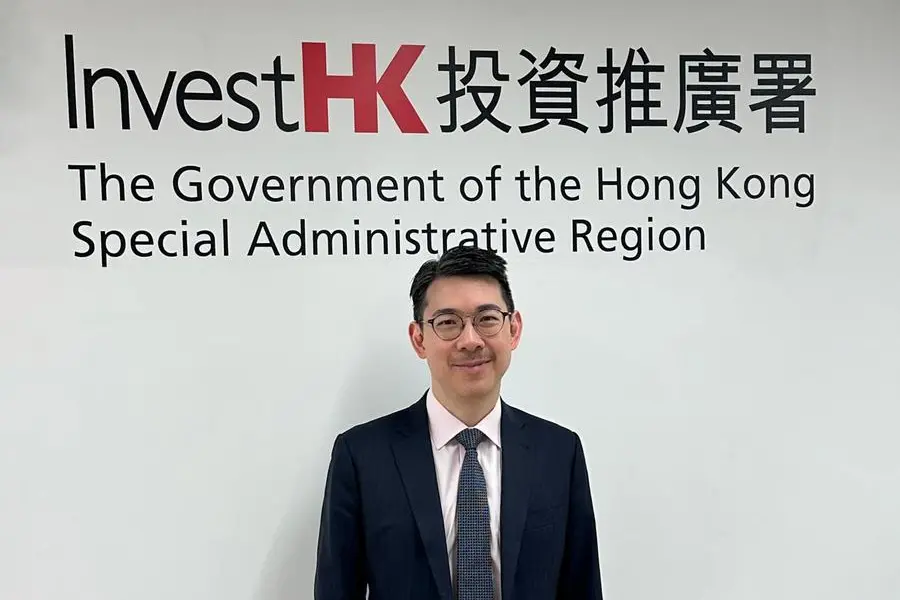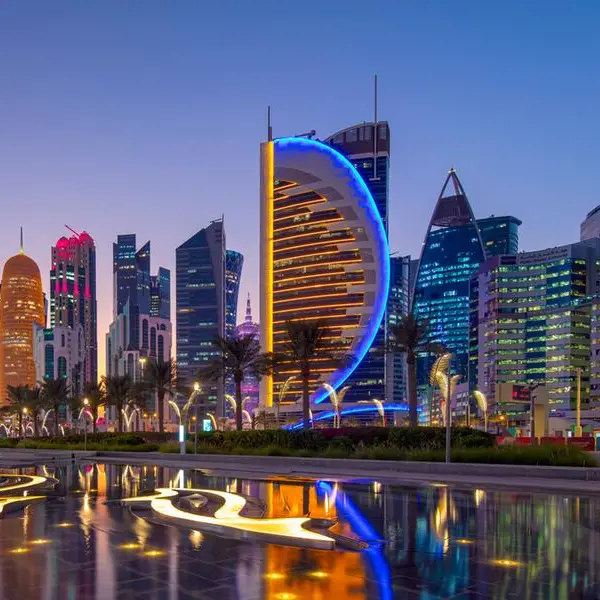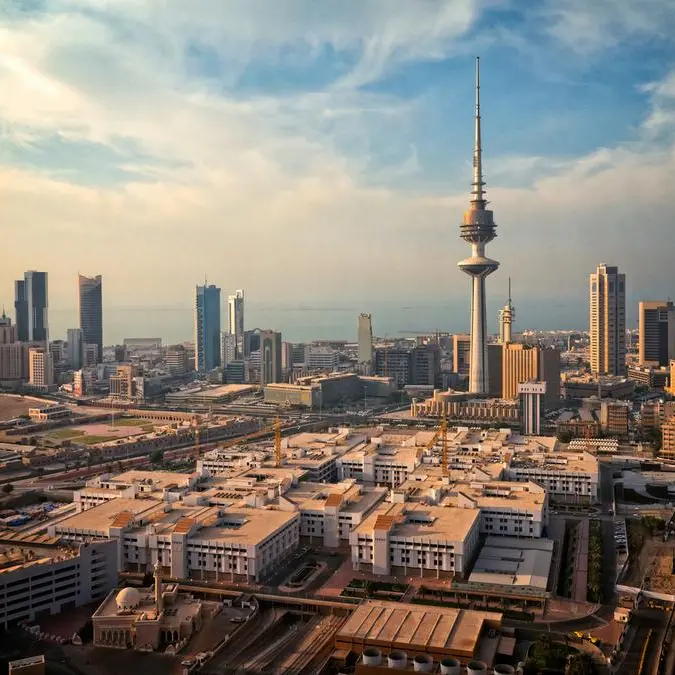PHOTO
Dr. Jimmy Chiang, Acting Director-General of Investment Promotion at InvestHK, the Hong Kong government's investment promotion agency, said Hong Kong aims to attract investments from Middle Eastern countries and help establish them locally.
He also highlighted the importance of attracting investments and expertise from the UAE, which holds immense potential for collaborations in qualitative fields to enhance economic development in both places.
Chiang made this statement to the Emirates News Agency (WAM) during the visit of a media delegation from the UAE and Saudi Arabia to Hong Kong.
The visit aims to highlight Hong Kong’s initiatives and incentives to attract international investments, especially from the Middle East, in preparation for the 8th Belt and Road Summit scheduled for 13th and 14th September at the Hong Kong Convention and Exhibition Centre, organised by the Government of the Hong Kong Special Administrative Region (HKSAR) and the Hong Kong Trade Development Council (HKTDC).
The UAE is a leading platform for expanding investments and cooperation between the Middle East and Hong Kong, which is a strong link and gateway between international countries, China and Asia, while both places offer mutual benefits in terms of supporting local, regional and international economies through trade, investment and knowledge exchange, Chiang noted.
He further highlighted Hong Kong's support for Middle Eastern companies seeking to establish their businesses in the region by providing incentives, facilitations and free services, such as licences and visas, as well as promoting investments and consultations.
Hong Kong also offers strong tax appeal to boost investment, he added, urging investors to take advantage of the city’s low profit tax regime at only 16.5%.
Chiang explained that Middle Eastern companies are increasing their investments in Hong Kong across various sectors, including financial technologies, creative industries, innovation and the Internet of Things (IoT).
He also revealed Hong Kong’s keenness to attract investments in biotechnology, science, artificial intelligence (AI) and lifestyle-related sectors, such as food, tourism, culture and retail, in addition to encouraging investors to collaborate with research and development centres in Hong Kong and foreign companies to leverage research outcomes, to develop products that attract investments and expand trade.
He then highlighted Hong Kong's robust economy, which is one of the world’s freest economies, and its position as the fourth leading international financial centre, noting that InvestHK's role is to attract more investors during the summit from various Belt and Road countries, help them to establish business in Hong Kong, offer free services, respond to their business developments.
He also noted that Hong Kong and the Middle East have much to exchange, whether in the sectors of culture, tourism, trade or investments, and their endeavours include attracting investors from these countries to establish their family offices in Hong Kong, where family businesses can benefit from 100 percent tax exemptions for those that meet specific criteria.
As part of the "Belt and Road Initiative," Chiang affirmed the importance of conveying important messages during the summit to Middle Eastern companies to leverage Hong Kong’s investment advantages due to its free economy and its rank as the fourth leading international financial centre, therefore, solidifying its contribution to supporting the Belt and Road Initiative.
In turn, InvestHK aims to attract more investors during the summit from various Belt and Road countries to establish themselves in Hong Kong by providing free services and assisting in advancing their businesses.
He then referred to China's national 14th Five-Year Plan, which aims to enable Hong Kong to develop into one of the “eight centres” of the central government, explaining that the first four targeted areas for development are finance, transportation, trade and law, while the remaining four areas aim to transform Hong Kong into an international aviation hub, serving as a gateway between Asia and the rest of the world, an international hub for advanced technologies, a regional intellectual property training centre, and a hub for cultural exchange, as it is now focusing on attracting investments in arts and culture.
The plan also mentions the development of the Greater Bay Area, which encompasses nine regions in southern China and is one of the country’s most affluent areas with some 86 million people and their contribution to Gross Domestic Product (GDP) of some US$2 trillion.
Chiang stressed the government's keenness to achieve development for future economic benefits. Therefore, the economy of these regions will focus on innovation, technology and sustainability.
As part of its efforts to attract investments, the Hong Kong government recently established a $4 billion investment fund aimed at attracting technology companies, especially in sectors such as financial technology and smart manufacturing, to increase the contribution of smart manufacturing to GDP from one percent to five percent over the next ten years.





















